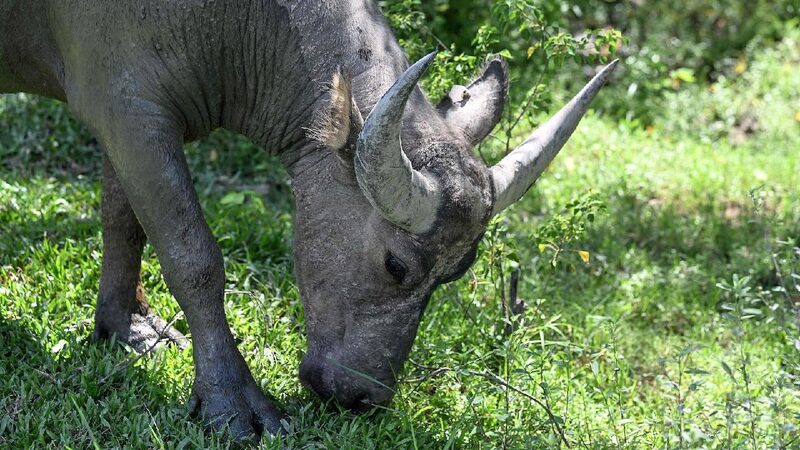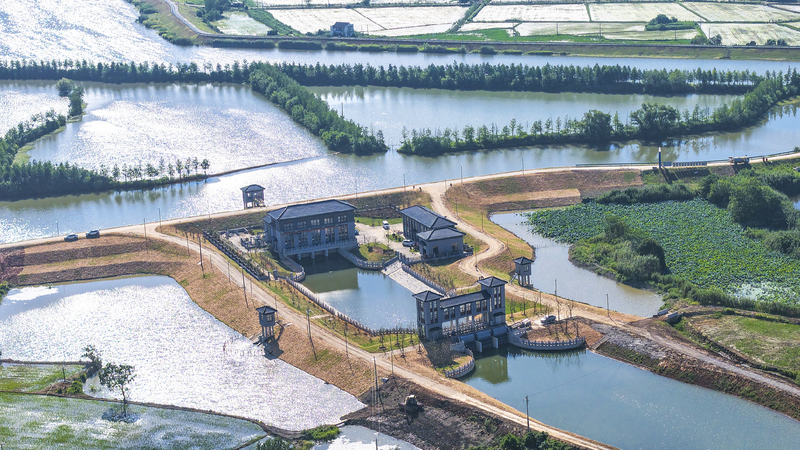Hey there! Did you know that tiny pieces of plastic, so small you can barely see them, are causing big problems for plants and animals? 🌿🐛 Let’s dive in and find out how these microplastics are affecting our world!
A group of scientists from around the world, including places like China, Saudi Arabia, and Denmark, studied these tiny plastics called micro- and nanoplastics (MNPs). MNPs are tiny bits of plastic that are between one nanometer (that’s one-billionth of a meter!) and five millimeters (about the size of a pencil eraser).
These tiny plastics can be found almost everywhere, not just in the oceans but also on land. 🌍 The scientists discovered that MNPs can get into plants. When this happens, they might also get into the animals that eat those plants, like insects or other herbivores. This means the plastics can move up the food chain!
Imagine you’re eating an apple 🍎, and that apple has tiny plastics inside it. Yuck! While we can’t see or taste these tiny plastics, they might still be there, and that’s not good for us or the environment.
The scientists found that these plastics can mess up how plants grow and how animals interact with plants. For example, if tiny plastics get into flowers, they might affect the bees 🐝 that pollinate them. This could mean fewer plants and less food for everyone!
One of the researchers, Xu Guorui, said that once plants absorb these tiny plastics, they can interact with insects and fungi (the helpful kind that live near plant roots). This could change how plants and animals live together.
The scientists think it’s really important to study this more. They want to find out all the ways these tiny plastics are affecting life on land, so we can figure out how to stop the plastic problem and protect our planet.
So what can we do? We can help by using less plastic, recycling ♻️, and telling others about this issue. Every little bit counts when it comes to taking care of our Earth!
Reference(s):
Study reveals tiny plastic particles' impact on terrestrial food webs
cgtn.com




